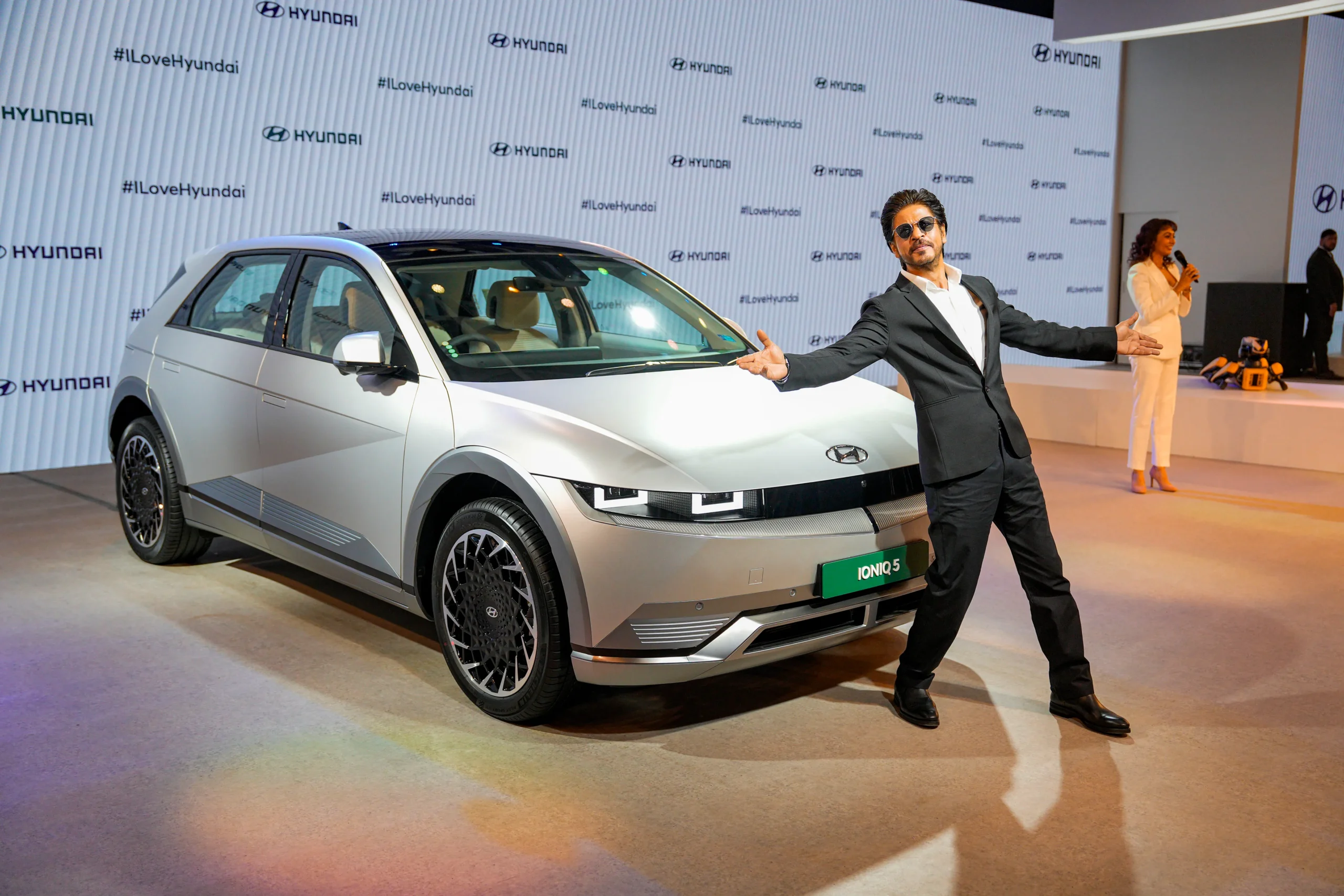In a world increasingly driven by sustainability, Hyundai Motor Company has unveiled a groundbreaking strategy to expand its electric vehicle (EV) lineup. By 2030, the automaker plans to introduce 10 new EV models, solidifying its position as a leader in the global EV market. This initiative is part of Hyundai’s broader vision to achieve carbon neutrality and cater to the growing demand for eco-friendly transportation.
Table of Contents
- Want To Know More About EV
- Hyundai’s Electrification Commitment
- 10 Models, Infinite Possibilities
- Innovative Platforms: The Backbone of Hyundai’s EV Vision
- Battery Innovation: Powering the Future
- A Green Manufacturing Revolution
- Global Market Penetration
- Challenges on the Horizon
- Hyundai’s Impact on the Global EV Market
- A Step Towards Carbon Neutrality
- Conclusion

Want To Know More About EV
Charging Your Drive with Electrifying Insights?
Hyundai’s Electrification Commitment
As sustainability becomes a top issue, the global automobile industry is changing dramatically. Hyundai’s electrification roadmap sticks out amid this rapid shift as evidence of its foresight, inventiveness, and strategic planning. Hyundai is not just keeping up with its rivals but also establishing a standard for the sector by aiming to sell 2 million EVs a year by 2030.
Hyundai’s long-term objective to become carbon neutral by 2045 includes its EV growth. This all-encompassing strategy includes a multifaceted approach that includes worldwide market penetration, platform innovation, production simplification, and battery technology breakthroughs. Hyundai hopes that by fusing cost, innovation, and sustainability, EVs will become a popular option for buyers everywhere.
10 Models, Infinite Possibilities
The diversity and versatility of Hyundai’s upcoming EV lineup are perhaps its most compelling aspects. Spanning different price ranges, design aesthetics, and functionalities, these 10 models aim to cater to an extensive range of consumer needs. Here’s a glimpse of what Hyundai plans to bring to the table:
- Entry-Level EVs: Designed for budget-conscious buyers, these affordable models promise to make EV ownership accessible to first-time users.
- High-Performance Cars: adrenaline-seekers can look forward to performance-oriented EVs that combine speed, agility, and efficiency.
- Luxury EVs: Under the premium Genesis brand, luxury enthusiasts can expect state-of-the-art features, exquisite design, and high-end technology.
- SUVs and Crossovers: With the increasing popularity of SUVs, it is likely to expand its EV offerings in this segment to cater to families and adventure lovers.
Innovative Platforms: The Backbone of Hyundai’s EV Vision
Hyundai’s new Integrated Modular Architecture (IMA) platform is a key component of its EV expansion. The IMA platform, which will replace the existing Electric-Global Modular Platform (E-GMP), promises increased scalability, efficiency, and flexibility. The modular nature of IMA allows Hyundai to design multiple models on the same platform, reducing production costs and accelerating time-to-market.
The IMA platform is set to support various body styles, including sedans, SUVs, and even hatchbacks. Additionally, it will incorporate next-generation battery technologies, optimizing energy density, range, and charging speeds.
Battery Innovation: Powering the Future
The success of Hyundai’s EV strategy heavily relies on advancements in battery technology. To this end, Hyundai is investing in cutting-edge research to develop solid-state batteries. These batteries are expected to outperform conventional lithium-ion batteries in terms of energy storage, safety, and durability. Solid-state batteries also promise faster charging times, addressing one of the primary concerns of potential EV buyers.
In parallel, Hyundai is exploring alternatives to reduce reliance on scarce raw materials like cobalt. By focusing on material innovation and recycling technologies, the company aims to make its EVs not only eco-friendly but also economically viable.
A Green Manufacturing Revolution
Hyundai’s commitment to sustainability goes beyond just producing EVs. The automaker is integrating renewable energy sources and eco-friendly practices into its manufacturing processes. From utilizing solar power at production facilities to implementing water recycling systems, Hyundai is setting new standards for green manufacturing.
Moreover, Hyundai is fostering a circular economy by emphasizing the recycling and reuse of EV batteries. Once an EV battery reaches the end of its lifecycle, it can be repurposed for energy storage applications, minimizing waste and environmental impact.
Global Market Penetration
Hyundai’s electrification strategy is not confined to specific regions; it aims for a global impact. The company plans to expand its EV offerings in key markets such as North America, Europe, and Asia, where the demand for EVs is surging. By tailoring its models to regional preferences and regulatory requirements, maximizes its market penetration and customer satisfaction.
Challenges on the Horizon
While Hyundai’s electrification roadmap is impressive, it is not without challenges. The global automotive industry is grappling with several hurdles that could potentially impact its ambitious plans:
- Semiconductor Shortage: The ongoing shortage of semiconductors poses a significant challenge to automotive production.
- Raw Material Fluctuations: The cost and availability of raw materials, particularly lithium and cobalt, are volatile and could affect battery production.
- Intense Competition: With traditional automakers and new entrants like Tesla, BYD, and Rivian vying for a share of the EV market, Hyundai faces stiff competition.
Despite these challenges, Hyundai’s robust investment in innovation, strategic partnerships, and a customer-focused approach gives it a competitive edge.
Hyundai’s Impact on the Global EV Market
Hyundai’s bold expansion plan is set to have a transformative impact on the global EV market. By offering diverse and affordable models, the company is democratizing access to sustainable transportation. This not only aligns with global environmental goals but also accelerates the adoption of EVs among mainstream consumers.
Additionally, a focus on technological innovation and sustainability sets an industry precedent. Competitors may feel compelled to elevate their electrification strategies, fostering healthy competition and driving collective progress.
A Step Towards Carbon Neutrality
Hyundai’s EV strategy is a pivotal component of its broader carbon neutrality agenda. By transitioning to electric mobility, the company aims to reduce its carbon footprint across the entire value chain. This includes using renewable energy for production, optimizing vehicle efficiency, and supporting the development of EV charging infrastructure.
Conclusion
Hyundai’s announcement of 10 new EV models by 2030 is more than just a business strategy; it’s a vision for a sustainable future. This ambitious plan reflects the company’s determination to lead the global transition to electric mobility. As it accelerates its journey towards electrification, it is not only transforming its own identity but also shaping the future of the automotive industry.
With its innovative platforms, advanced battery technologies, and commitment to sustainability, is poised to set a new benchmark in the EV market. For consumers, this means more choices, better technology, and a greener planet. For the industry, it signifies a new era of competition and collaboration. is electrification revolution is not just a promise; it’s a testament to what the future of mobility can and should be.
If you want to get any more information, then follow my Instagram account

